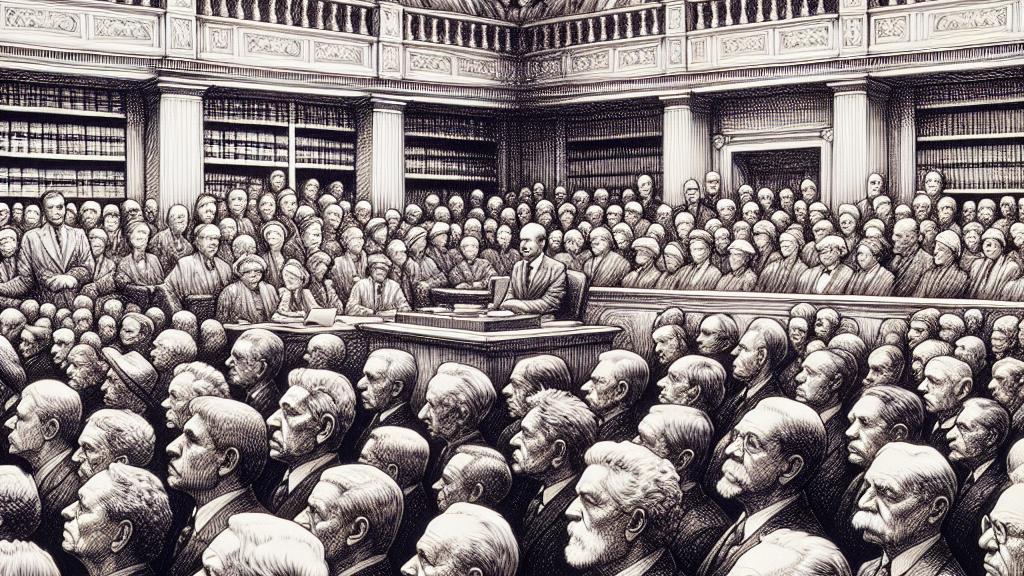India Court May Lift Ban on Rushdie’s Satanic Verses
Overview
- Delhi High Court hints at a historic opportunity to lift the ban on Salman Rushdie's The Satanic Verses, potentially changing the literary landscape.
- The absence of a valid ban notification from 1988 raises important questions about censorship and its implications.
- This case reignites intense discussions surrounding artistic freedom, cultural sensitivity, and the power of literature.

A Pivotal Legal Development
In a landmark ruling, the Delhi High Court has suggested that Salman Rushdie’s incendiary novel, The Satanic Verses, may finally become available in India. The judges expressed disbelief at the government's failure to present any legitimate documentation from 1988 that substantiated the decade-long ban on the book. This unexpected twist is not just a victory for literary enthusiasts but also a striking reminder of the fragile nature of censorship. As discussions unfold, readers envision a future where thought-provoking literature, which has ignited global debates, becomes accessible, fueling critical dialogue on religious and artistic expression.
Understanding the Controversy
The controversy surrounding The Satanic Verses erupted almost immediately after its publication, as various communities perceived its portrayal of Islamic figures as blasphemous. For instance, the novel led to massive protests, bookstore burnings, and even threats of violence against Rushdie, culminating in a fatwa issued by Iran's Supreme Leader, which called for his assassination. This extreme backlash not only forced the author into hiding but also created an oppressive atmosphere for authors worldwide. The repercussions of this tumultuous period in literary history serve as a cautionary tale about the potential dangers that radical interpretations of literature can unleash, casting long shadows over creative expression.
Broader Implications for Artistic Freedom
The potential lifting of the ban on The Satanic Verses could usher in a new era of artistic freedom within India, a nation characterized by its diverse cultures and vibrant narratives. Picture a future where writers feel empowered to tackle contentious themes without fear of retaliation; where literary works can initiate meaningful conversations about identity, faith, and society. This case serves as a crucial pivot point highlighting the importance of protecting artistic voices. As the court deliberates, we are reminded that literature plays a fundamental role in pushing society forward, challenging norms, and fostering understanding among different perspectives. This is not just about a book; it's about the value of free expression in today's world.

Loading...